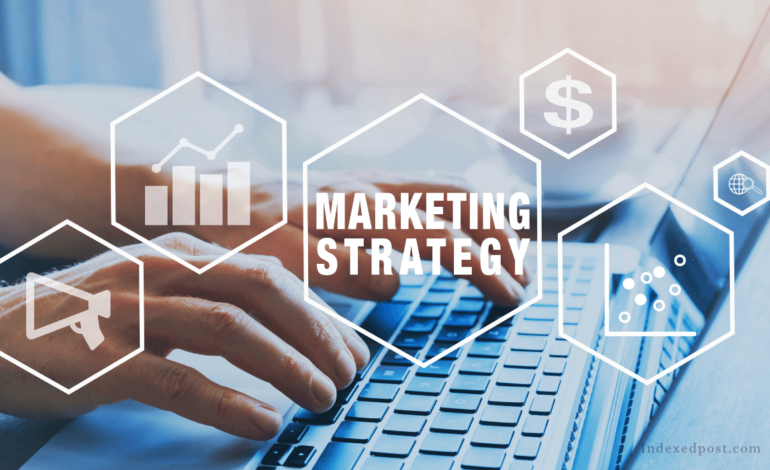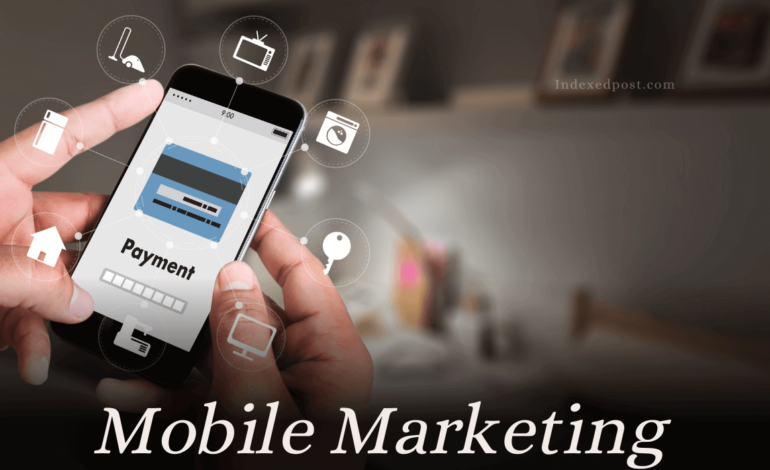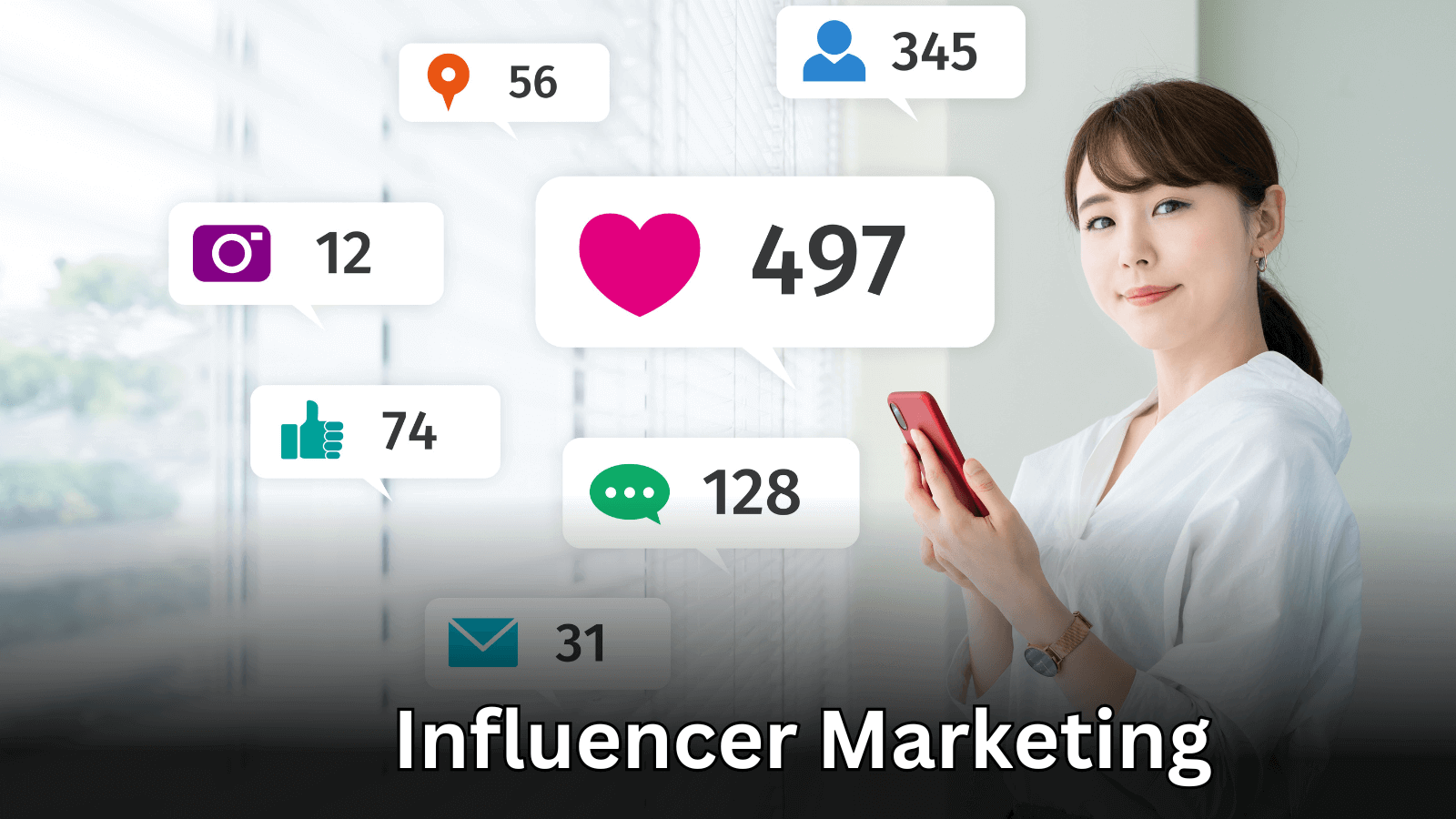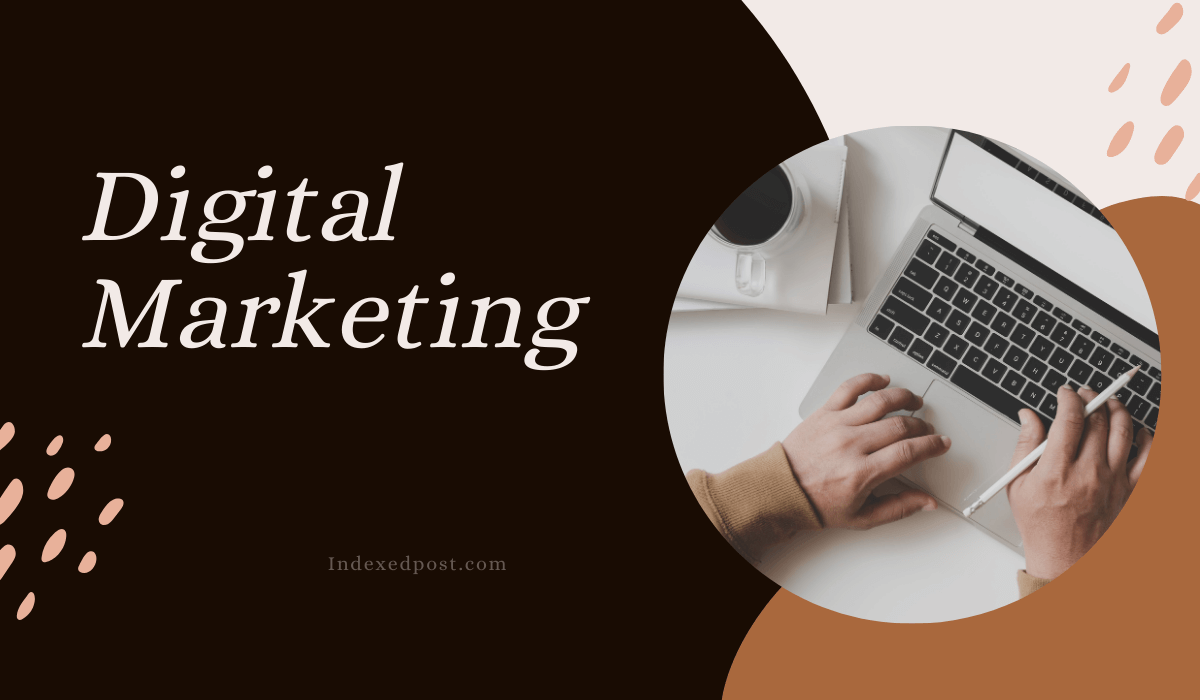Behavioral Economics as Relevant to Marketing Strategies

In the realm of marketing, knowing the way consumers behave is just like carrying a tool imperative to success. What happens when you combine psychology with economics is that we get behavioral economics; a field that investigates the reasons behind consumer choices. Allowing marketers to do more than just learn about a reliable customer base, this approach permits them to engineer impactful campaigns that their audiences would enjoy and eventually make them purchase. Let’s continue by how behavioral economics influences contemporary marketing practices and also explore some useful applications.
Onioning the Schema of Psychology Behind Consumers
Firstly, behavioral economics is about the concept that rational decision-making is the predominant assumption. Unfortunately, it fails to mention all these subtle nuances that shape our human nature, thanks to the impact of many cognitive biases, feelings, and social factors. Loss aversion is one of the cognitive biases that are readily available. According to research, people fear losing more compared to those who gain value from the same gains. This creates a favorable condition for marketers to frame their offerings in a way that underscores what (customers) will lose as a consequence of not acting (substitute act).
Subtly Motivating Consumers
It is among the prominent ideas in behavioral economics that nudges, which in essence are some suggestions if you may, are employed people are steered towards some particular choice and individual freedom is not being restricted. Nudge techniques are widely used by marketers as they are seen in an array of forms, their application in default options and testimonials, presentation of scarcity tactics, and the adoption of personalized methods to recommendations. For instance, displaying the remaining number of stock items shrinks the potential market and some consumers would act out the effect of urgency and thus make the purchase before the products are sold out.
People are naturally social animals and they in general try to get an idea of the right way to behave from examples of conduct of the people. To put simply, this behavior (social proof) could have an enormous impact on how consumers decide on their next purchase. One of the proven marketing strategies that digital marketers use today is social validation.
For instance, testimonials, user-generated content, as well as support from product influencers form a crucial part of the digital marketing campaign by enabling the marketers to win the trust and credibility of the target market. Nothing is more telling than that if everyone else is doing it, then it must be worth mentioning, isn’t it?
Overcoming Paradoxes of Decision-Making
In a world where consumers are surrounded by a plethora of options at every market front, the current trend is consumer-driven. They also can create a situation in which there are too many choices from which people cannot make a decision, as a result, they become paralyzed in deciding due to overwhelming options. Behavioral economics offers ways to decrease decision-making paralysis tendencies like making an individual limit the choice, providing decision-making criteria clearly or preference charts and, product recommendations.
Simplifying Choices and Overcoming Decision Paralysis
Man is a social species and you will usually see them consulting with others on issues of standards of behavior. People relying on the views and decisions of others is an apparent way that social proof can act on consumers and compel them to make certain decisions. Through real examples, user-generated content, and supporters’ testimonies, marketers can meet the consumers’ demand for social confirmation. Doesn’t it sound reasonable that people will keep on following something that is seen to be normal?
Streamlining Choices and Making Decisions
In the present, our high-speed, choice-saturated surroundings make it difficult for the buyer to avoid uncertainty. Whilst options are a boon for an individual, always over-choices can be the case of decision paralysis being a state where an individual finds it difficult to decide as he or she encounters overwhelming options. Behavioral economics gives the tools to lessen the tendency to make hurried decisions, like limitation of assortment, provide clarity of procedure, and develop decision evaluation tools like comparison tables and product recommendations.
Conclusion
As a whole, behavioral economics offers a precious lens via which marketers can uncover the inner workings of their consumers and, subsequently, build their interventions upon it. Using psychology principles for social proof or nudging, and simplifying choices are approaches to make a marketing strategy more competitive and understandable for the audience. In today’s rapidly changing world, embracing behavioral economics tends not just to be an advantage of competitiveness’s real value; rather, it is a necessity for nearing the goal of business success.




